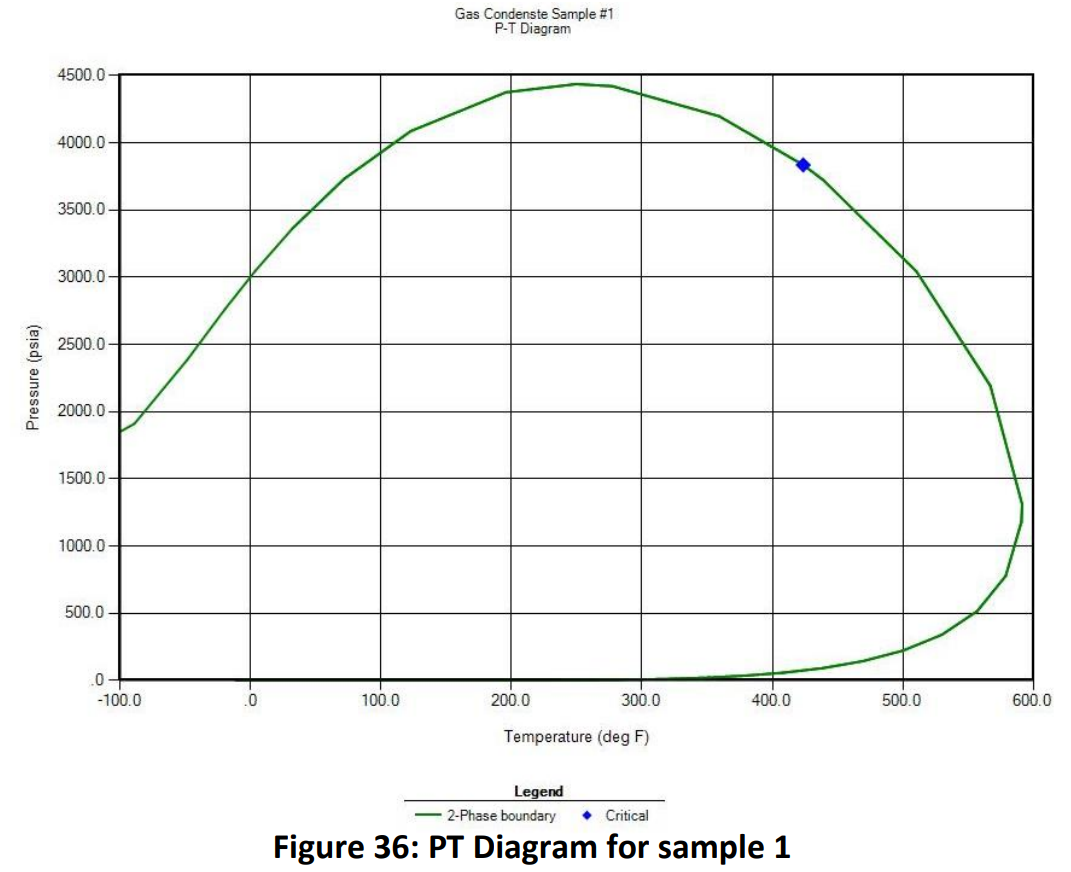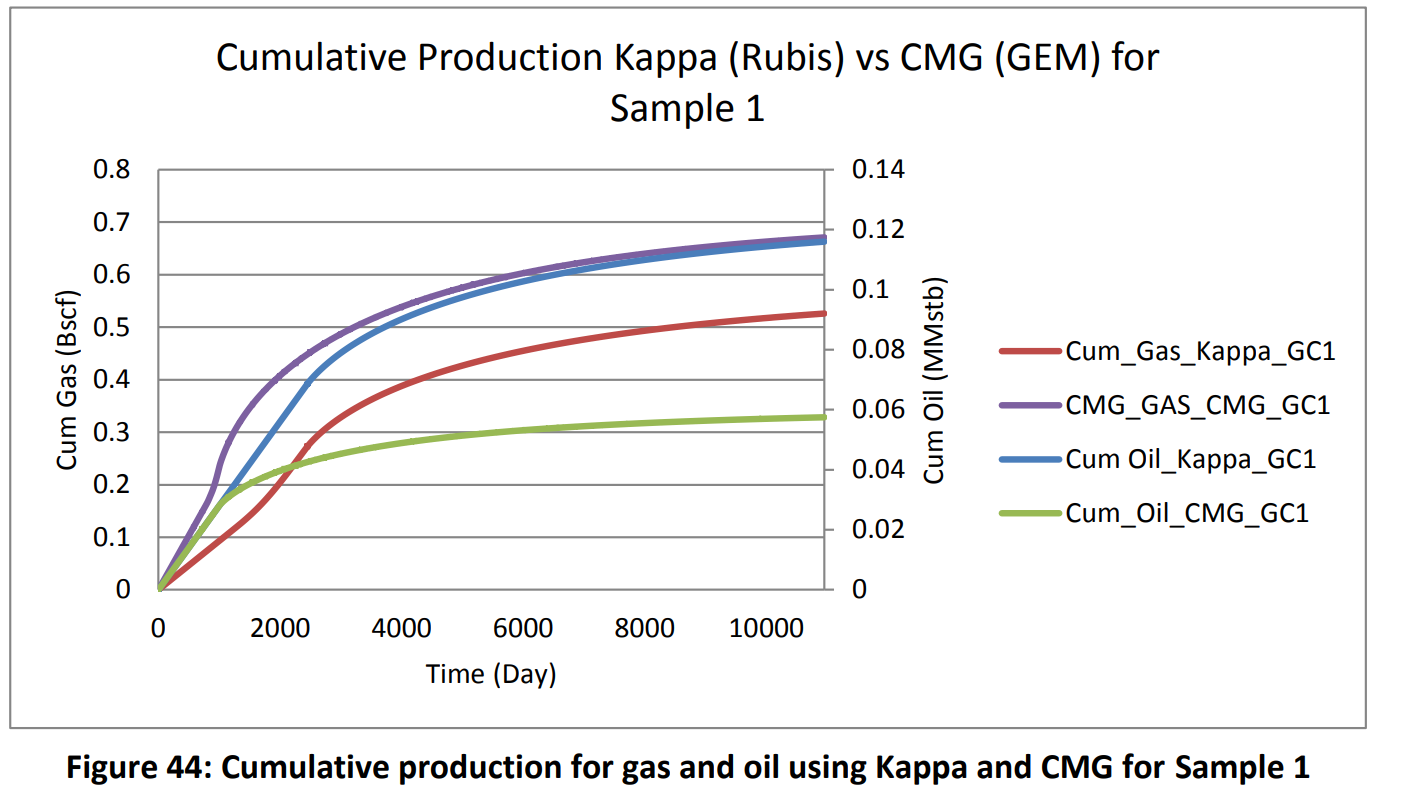Effect of Reservoir and Completion Parameters on Production Performance in Gas Condensate Reservoirs
Abstract
Production performance of gas condensate reservoirs with seven different fluid compositions was analyzed by a Modified Black Oil (MBO) model and was compared to a compositional model. Reservoir simulation for the MBO and compositional cases was performed by using Kappa Rubis and CMG Gem respectively.
The effect of several reservoir properties on reservoir productivity was studied by performing sensitivity analyses on three rock/fluid properties and four completion parameters. The MBO approach was used with Kappa Rubis software.
Fracture half-length and porosity showed the most significant effect on production performance. Sensitivity studies also showed that there is significant increase in fracture interference when the fracture spacing is decreased below 253 ft. Increase in the number of wells per section showed a decrease in the production per well.
The results from MBO were comparable to the results from compositional model for cumulative gas production except for the samples with extreme values of condensate to gas ratio. However, there was large discrepancy between the results obtained from the MBO and compositional case for oil production from the gas condensate reservoirs.
This study shows the modified black oil approach, widely used in the petroleum industry, could give incorrect prediction for the production performance of gas condensate reservoirs. Compositional models are always preferable for rigorous studies but the MBO model could still be used with caution in absence of comprehensive lab data. This study shows that the oil and gas industry should prefer compositional simulation when studying gas condensate reservoirs.


